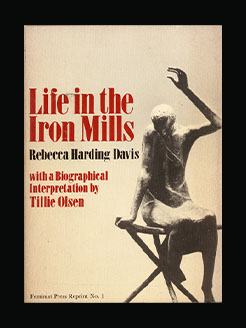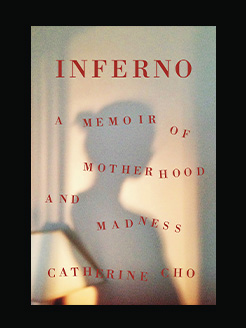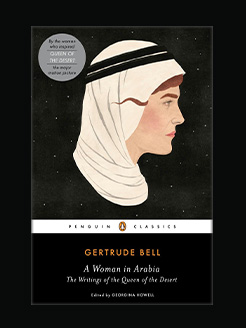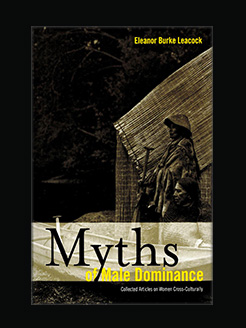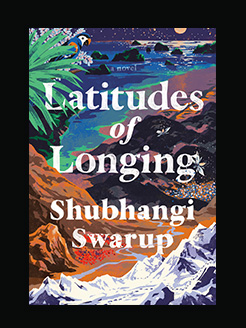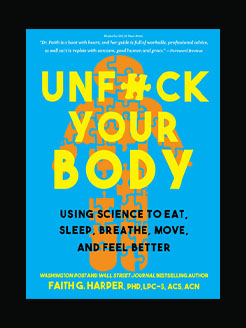Published in 2020
304 pages
Renee Knake Jefferson is a law professor and the award-winning author of four books and scholarly numerous articles. She earned her JD from the University of Chicago Law School. Professor Knake’s research is published widely in the leading academic journals. Her work has been featured in the Wall Street Journal, CNN Money, Forbes, National Public Radio, American Lawyer, Christian Science Monitor, and Slate. A world traveler, Knake is a frequent speaker at top research universities around the globe. In 2019, she was awarded the Fulbright Distinguished Chair in Entrepreneurship and Innovation at Royal Melbourne Institute of Technology University.
What is this book about?
In 1981, Sandra Day O’Connor became the first female justice on the United States Supreme Court after centuries of male appointments, a watershed moment in the long struggle for gender equality. Yet few know about the remarkable women considered in the decades before her triumph.
Shortlisted tells the overlooked stories of nine extraordinary women—a cohort large enough to seat the entire Supreme Court—who appeared on presidential lists dating back to the 1930s. Florence Allen, the first female judge on the highest court in Ohio, was named repeatedly in those early years. Eight more followed, including Amalya Kearse, a federal appellate judge who was the first African American woman viewed as a potential Supreme Court nominee. Award-winning scholars Renee Knake Jefferson and Hannah Brenner Johnson cleverly weave together long-forgotten materials from presidential libraries and private archives to reveal the professional and personal lives of these accomplished women.
In addition to filling a notable historical gap, the book exposes the harms of shortlisting―it reveals how adding qualified female candidates to a list but passing over them ultimately creates the appearance of diversity while preserving the status quo. This phenomenon often occurs with any pursuit of professional advancement, whether the judge in the courtroom, the CEO in the corner office, or the coach on the playing field. Women, and especially female minorities, while as qualified as others on the shortlist (if not more so), find themselves far less likely to be chosen. With the stories of these nine exemplary women as a framework, Shortlisted offers all women a valuable set of strategies for upending the injustices that still endure. It is a must-read for those seeking positions of power as well as for the powerful who select them in the legal profession and beyond.
